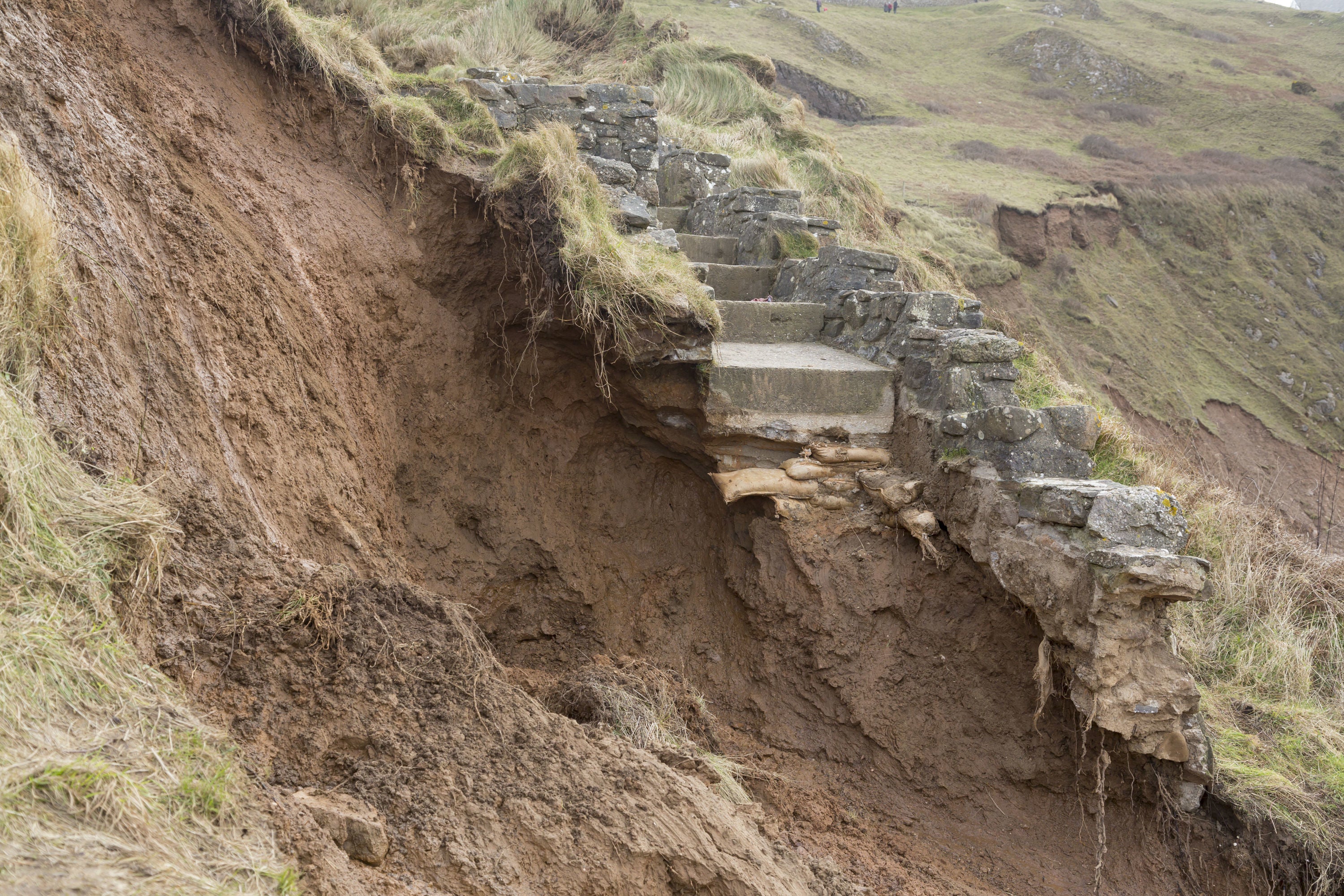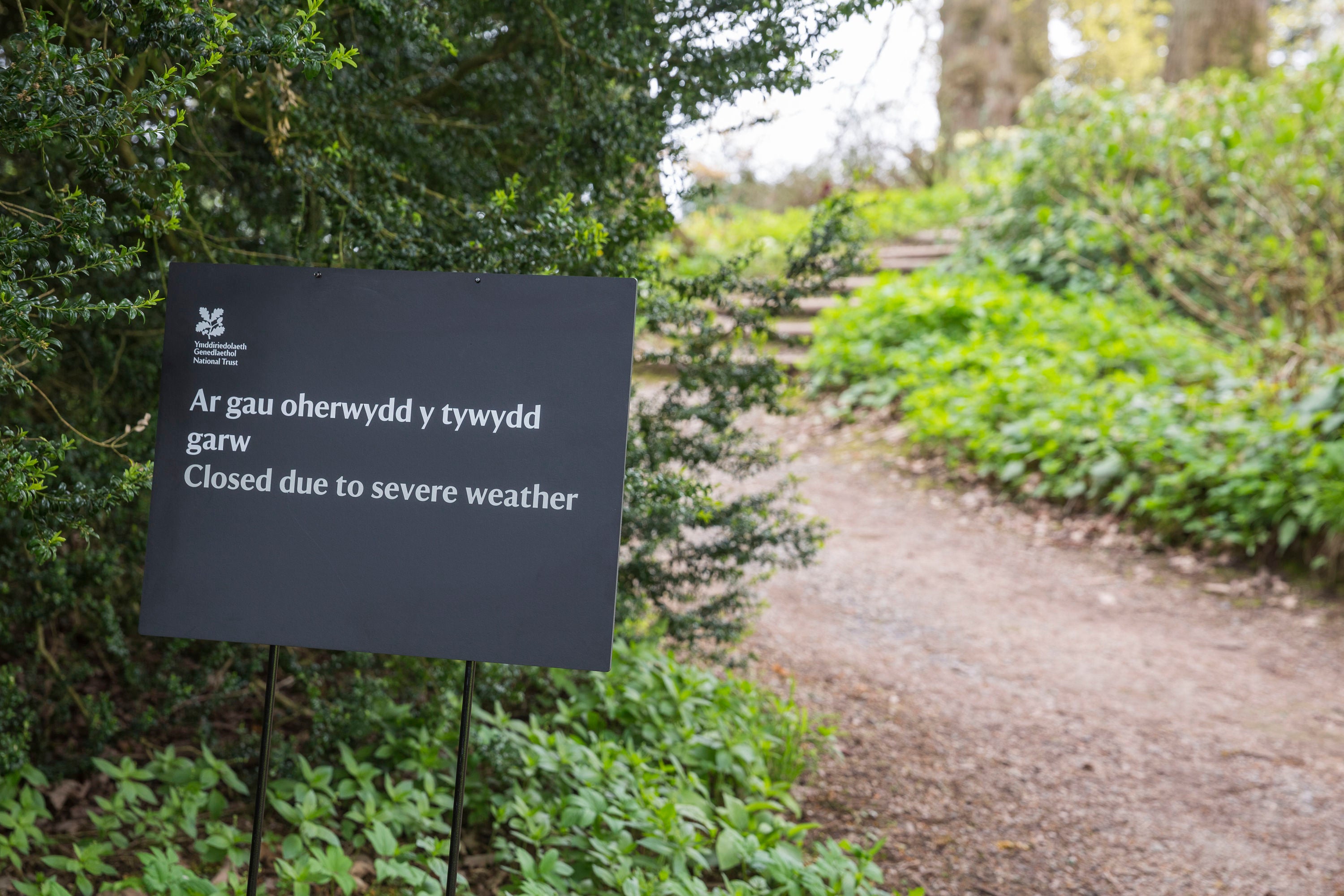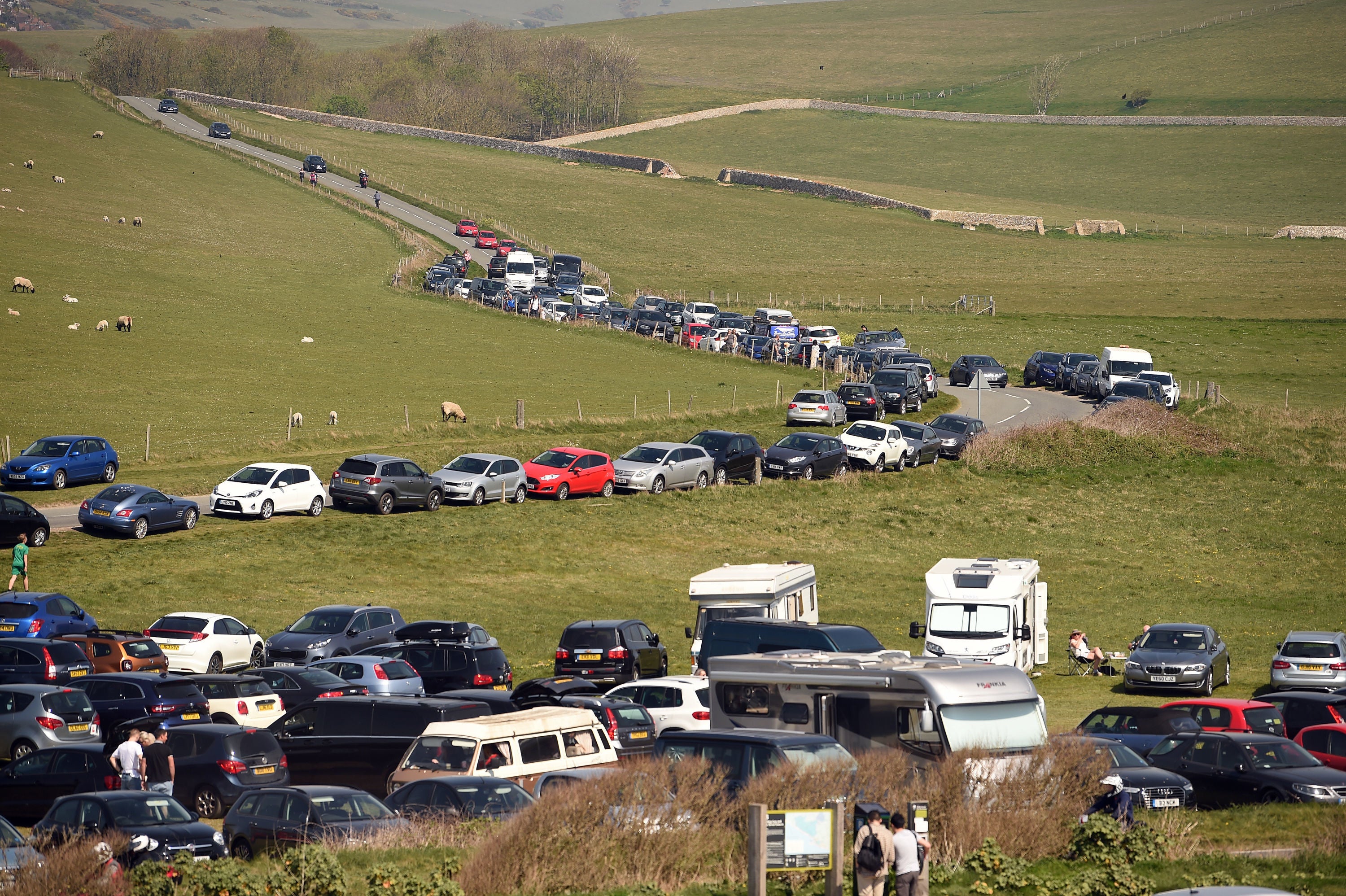UK tourism hotspots could be forced to close due to heat without climate action, warns National Trust
Warmer temperatures could also mean tourists change their behaviour, reports Joe Middleton


Hotter temperatures caused by climate change could put visitors off heading to British tourist hotspots, the National Trust has warned.
Places popular with visitors could also face temporary closures due to extreme weather events such as flooding and overcrowding during certain times of the year if action is not taken to cut climate emissions, the charity said.
The warmer temperatures could also meant that tourists change their behaviour in sweltering conditions and replicate practices in southern Europe where people avoid going out during the heat of the day.
The charity said it is already taking action to deal with climate change on its own properties, such as growing plants at Sissinghurst Castle, Kent, that are resilient to warmer conditions and planting trees at Lyme Park in Cheshire to protect car parks and the house from flooding.
National Trust head of climate and environment Lizzy Carlyle said the tourism industry has “a lot to do” to prepare itself for the impact of the climate emergency.
The charity analysed data from more than 85 million visits to its 170 tourist attractions in the UK and compared the visitor data with weather conditions.
It discovered that a quintessential “National Trust day” is one with temperatures of 21C, moderate winds and little rain.
The research also found that people preferred visits to indoor properties at 20C, and above that the numbers choosing to go to stately homes and other historic buildings starts to decline.
While people flock to outdoor locations, particularly beaches and coasts, in warmer weather, numbers decline above 24C and dramatically reduce once temperatures hit 28C.

However warmer temperatures mean that the UK tourism industry could be impacted by fewer people wanting to head to indoor tourism sites, the charity said.
It also said that the £127bn industry may not be ready for the extreme weather that rising temperatures are set to bring and that indoor venues, such as stately homes, may have to close due to soaring temperatures.
The analysis comes after the National Trust produced a “hazard map” plotting potential climate change threats to its sites across the country, and after a pandemic summer has seen the impacts of more people holidaying at home.
The charity is also urging the government to produce a strategy to cut the UK’s emissions and encourage global leaders to do the same at the Cop26 climate talks in Glasgow in November.
The warning from the National Trust comes in the same month that scientists said that humans are driving global warming, with impacts from heatwaves to rising seas and extreme rain already seen around the world.
A new report from the UN’s Intergovernmental Panel on Climate Change said the world will reach or exceed temperature rises of 1.5C over the next two decades. It said that temperatures will continue to rise unless urgent action is taken.

Ms Carlyle said: “What this data shows us is that we have a lot to do to prepare the UK tourist industry for the effects of climate change.
“Much of the debate around tourism and climate change to date has rightly focused on international travel and the impact flights and foreign holidays is having.
“But what hasn’t been fully addressed is what the domestic tourism industry could be facing unless we take drastic action to reduce emissions.”
The industry could not tackle the challenges of climate change alone, she said, calling for government action to avert the worst impacts of global warming.
“What we can do, however, is start to adapt sites to cater for local pressures, for example more capacity for outdoor shaded seating, the ability to deal with surges of visitors at off-peak times of year as the weather changes, and how to protect staff and volunteers from things like extreme heat.
“In time, there could also be a need for a slight cultural shift in our approach as tourists, like avoiding hotter parts of the day like those currently experienced in southern European countries,” she added.
“The National Trust is already taking action across the places we care for to ensure sites are ready for these changes, but there is much to be done across the industry to collectively prepare us for more frequent days above 30C, higher winds and increased flooding.”
The Department for Digital, Culture, Media and Sport has been approached for comment.






Join our commenting forum
Join thought-provoking conversations, follow other Independent readers and see their replies
Comments